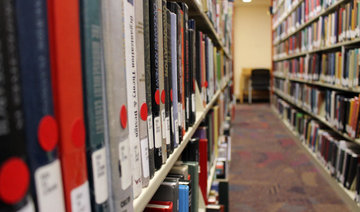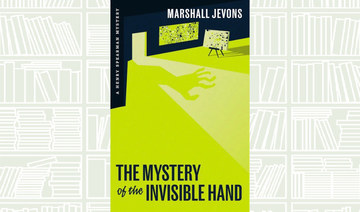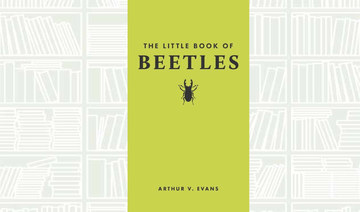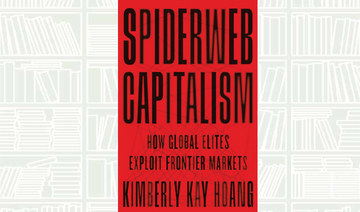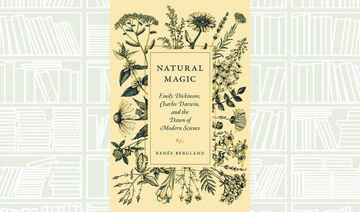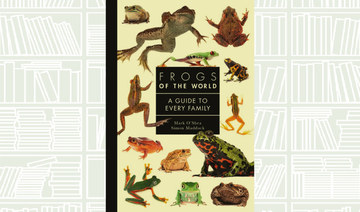NEW YORK: One of the foremost private collections of works by the influential Irish writer James Joyce has been donated to New York’s Morgan Library and Museum.
The 350-piece collection includes numerous signed and inscribed first editions, photographs, posters and manuscripts, including a fragment of his magnum opus “Ulysses” and rare pressings of 78 RPM recordings of the author.
The collection was assembled by New York gallery owner Sean Kelly and his wife Mary.
“It is difficult to summarize in a few words the importance of this extraordinary gift to the Morgan Library & Museum,” said museum director Colin Bailey.
“It adds enormously to our small but distinguished Joyce collection, and instantly establishes the Morgan as a major center for scholarly research related to the author’s life and work.”
The museum is planning a public exhibition in 2022, the centennial of the publication of “Ulysses.”
Joyce’s life and works are also commemorated at the James Joyce Center in Dublin and in a collection at the University of Buffalo.
The Morgan Library is the former private library of John Pierpont “JP” Morgan, a central figure in the world of finance at the turn of the 20th century.
It was opened to the public by his son following his death and has since become a museum focused on literature.
James Joyce collection donated to New York library
James Joyce collection donated to New York library
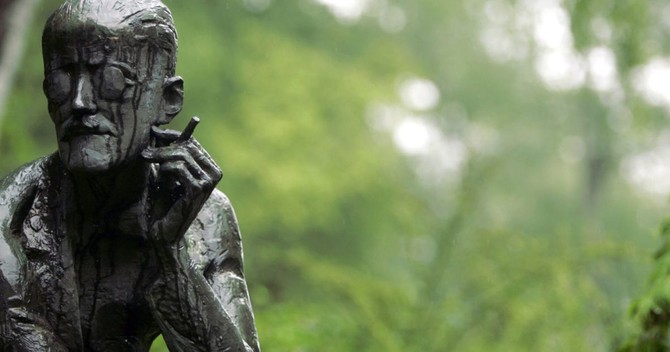
What We Are Reading Today: A Deadly Indifference
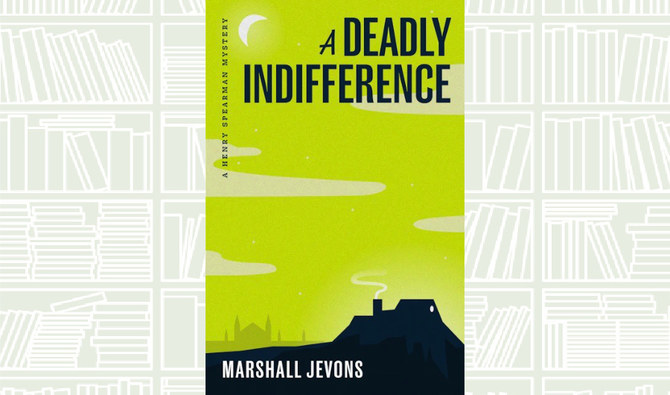
Author: Marshall Jevons
Harvard professor Henry Spearman—an ingenious amateur sleuth who uses economics to size up every situation—is sent by an American entrepreneur to Cambridge, England.
Spearman’s mission is to scout out the purchase of the most famous house in economic science: Balliol Croft, the former home of Professor Alfred Marshall, John Maynard Keynes’s teacher and the font of modern economic theory.
After a shocking murder, Spearman realizes that his own life is in danger as he finds himself face-to-face with the most diabolical killer in his career.
What We Are Reading Today: The Mystery of the Invisible Hand
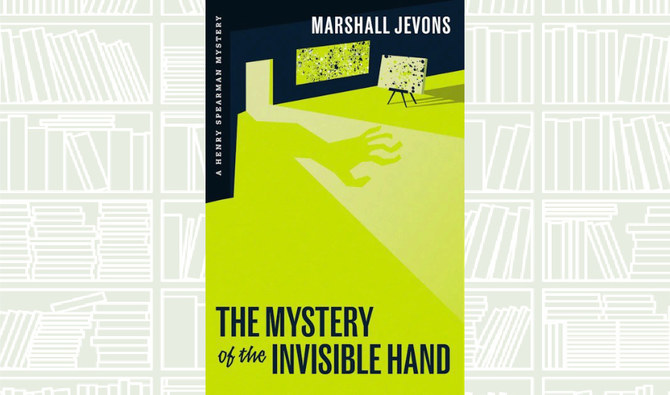
Author: Marshall Jevons
In “The Mystery of the Invisible Hand,” Henry Spearman, an economics professor with a knack for solving crimes, is pulled into a case that mixes campus intrigue, stolen art, and murder.
Arriving at San Antonio’s Monte Vista University to teach a course on art and economics, he is confronted with a puzzling art theft and the suspicious suicide of the school’s artist-in-residence.
From Texas to New York, Spearman traces the connections between economics and the art world, finding his clues in monopolies, auction theory, and Adam Smith.
What We Are Reading Today: ‘The Little Book of Beetles’
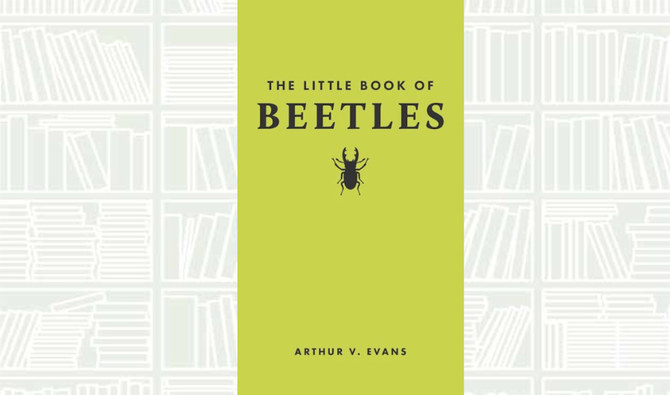
Author: ARTHUR V. EVANS
Packed with surprising facts, this delightful and gorgeously designed book will beguile any nature lover. Expertly written and beautifully illustrated throughout with color photographs and original color artwork, “The Little Book of Beetles” is an accessible and enjoyable mini-reference about the world’s beetles, with examples drawn from across the globe.
It fits an astonishing amount of information in a small package, covering a wide range of topics — from anatomy, diversity, and reproduction to habitat and conservation.
What We Are Reading Today: Spiderweb Capitalism: How Global Elites Exploit Frontier Markets
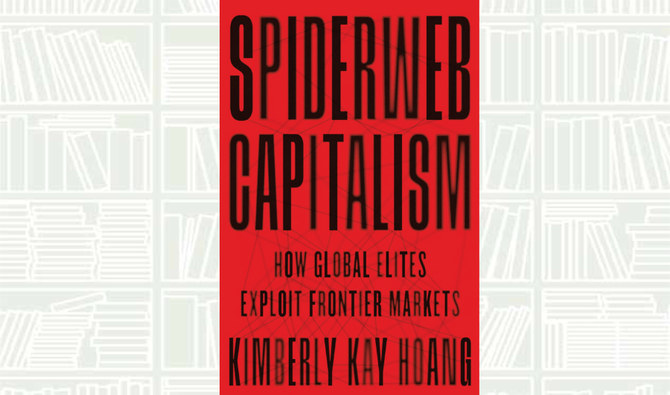
- Hoang reveals the strategies behind spiderweb capitalism and examines the moral dilemmas of making money in legal, financial, and political gray zones
Author: Kimberly Kay Hoang
In 2015, the anonymous leak of the Panama Papers brought to light millions of financial and legal documents exposing how the superrich hide their money using complex webs of offshore vehicles. Spiderweb Capitalism takes you inside this shadow economy, uncovering the mechanics behind the invisible, mundane networks of lawyers, accountants, company secretaries, and fixers who facilitate the illicit movement of wealth across borders and around the globe.
Kimberly Kay Hoang traveled more than 350,000 miles and conducted hundreds of in-depth interviews with private wealth managers, fund managers, entrepreneurs, C-suite executives, bankers, auditors, and other financial professionals. She traces the flow of capital from offshore funds in places like the Cayman Islands, Samoa, and Panama to special-purpose vehicles and holding companies in Singapore and Hong Kong, and how it finds its way into risky markets onshore in Vietnam and Myanmar.
Hoang reveals the strategies behind spiderweb capitalism and examines the moral dilemmas of making money in legal, financial, and political gray zones.
Dazzlingly written, Spiderweb Capitalism sheds critical light on how global elites capitalize on risky frontier markets, and deepens our understanding of the paradoxical ways in which global economic growth is sustained through states where the line separating the legal from the corrupt is not always clear.
What We’re Reading Today: Work Life Well-lived
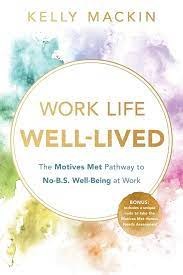
Author: Kelly Mackin
This book will disrupt how you think about creating your best work life and workplace and give you a road map to get you there, says a review published on goodreads.com.
Through years of research and truth-finding, Kelly Mackin and her company, Motives Met, have discovered a completely new mindset and approach around what well-being at work is all about, how to get there, and why it’s so important that we do get there.
This book is a personal guide and a call to action for a shift in our approach to work.


